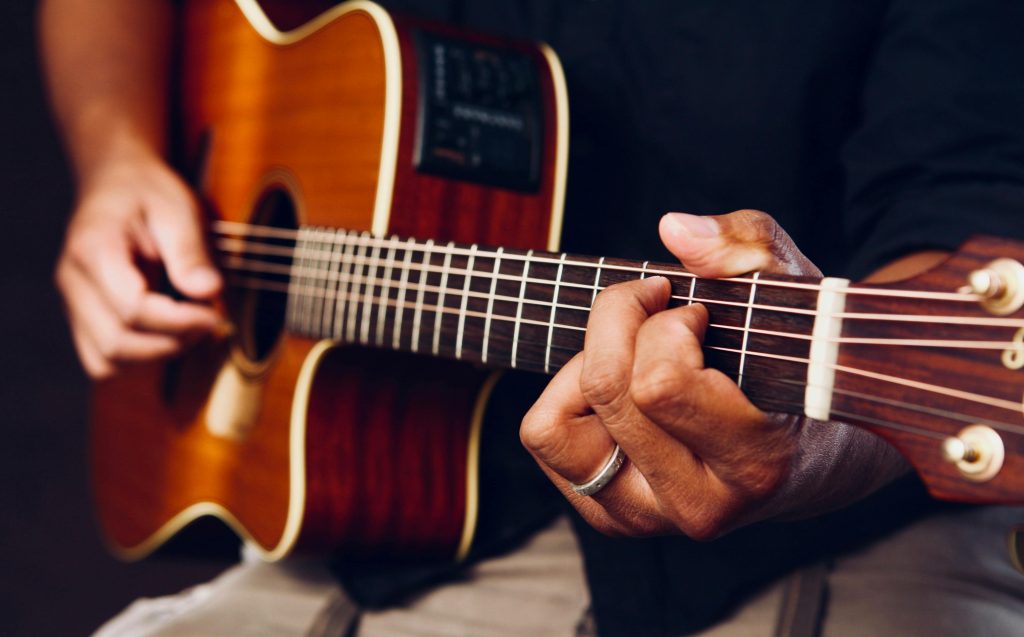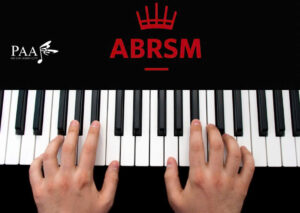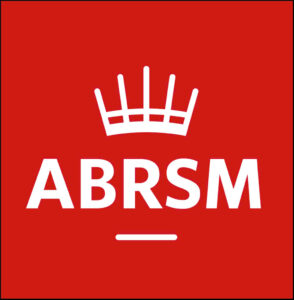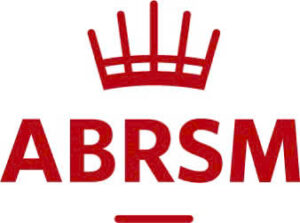Learning guitar as an adult can be an incredibly rewarding experience. Whether you dream of playing your favorite songs, composing your own music, or simply enjoying a new hobby, picking up the guitar at any age is possible. However, adult beginners often face unique challenges such as busy schedules, self-doubt, and unrealistic expectations. In this article, we will explore essential tips to help you successfully start your guitar journey as an adult.

1. Choose the Right Guitar
Selecting the right guitar is crucial for beginners. Here are some factors to consider:
- Acoustic vs. Electric: Acoustic guitars are great for singer-songwriters and those who prefer portability, while electric guitars are easier on the fingers and better suited for rock, blues, and jazz.
- Size and Comfort: Ensure the guitar fits your hands and body well. Smaller guitars or guitars with thinner necks may be more comfortable for beginners.
- Budget: Start with a good-quality beginner guitar rather than an expensive one. Brands like Yamaha, Fender, and Epiphone offer excellent options.
2. Set Realistic Goals
Many adults expect to play like their favorite musicians within weeks. However, learning guitar takes time and patience. Set small, achievable goals, such as:
- Learning basic chords in the first month
- Playing a simple song within three months
- Improving finger strength and dexterity gradually
Having realistic expectations will keep you motivated and prevent frustration.
3. Follow a Structured Learning Plan
Consistency is key to learning guitar. Consider these learning methods:
- Online Lessons: Platforms like Fender Play, Justin Guitar, and YouTube offer excellent free and paid lessons.
- Private Lessons: A professional teacher can provide personalized guidance.
- Self-Teaching: If you prefer to learn independently, use books, apps, and structured courses.
No matter which method you choose, ensure you follow a step-by-step approach rather than jumping between different topics randomly.
4. Master the Basics First
Many beginners try to play complex songs too soon. Instead, focus on mastering fundamental skills:
- Basic Chords: Start with open chords like C, G, D, A, and E.
- Strumming Patterns: Develop a solid sense of rhythm with simple patterns.
- Finger Exercises: Improve dexterity and strength with daily exercises.
- Proper Posture: Maintain a comfortable and correct playing posture to avoid strain.
5. Practice Regularly and Effectively
Short, focused practice sessions are more effective than long, unfocused ones. Follow these tips:
- Practice at least 15-30 minutes a day instead of cramming hours on weekends.
- Use a metronome to develop good timing.
- Break down difficult parts into smaller sections and master them gradually.
- Record yourself to track progress and identify areas for improvement.
6. Develop Finger Strength and Flexibility
As an adult, your fingers may not be as flexible as those of younger learners, but you can improve them with consistent practice. Try:
- Stretching exercises before and after playing.
- Chromatic exercises to enhance finger independence.
- Gradually increasing practice duration to build endurance.
7. Learn Songs You Love
Motivation is essential when learning guitar. Playing songs you love will keep you engaged. Look for simplified versions of your favorite songs to start with, then gradually progress to more complex pieces.
8. Understand Music Theory Basics
While you don’t need to be a music theory expert, learning some basics can enhance your guitar skills:
- Understanding chord progressions
- Knowing the major and minor scales
- Learning how to read tabs and sheet music
This knowledge will help you improvise, write songs, and understand the music you play.
9. Play with Others
Playing guitar with others can accelerate your learning and make it more enjoyable. Consider:
- Joining a local music group or online community
- Jamming with friends
- Attending open mic nights
Interacting with other musicians will boost your confidence and expose you to different playing styles.

10. Be Patient and Enjoy the Process
Learning guitar as an adult requires patience. Don’t compare yourself to others; focus on your progress. Celebrate small achievements and, most importantly, enjoy the process.
Final Thoughts
Starting to learn guitar as an adult is an exciting and fulfilling journey. With the right mindset, structured practice, and perseverance, you can achieve your musical goals. Remember, it’s never too late to start! Pick up your guitar today and enjoy the joy of making music.




